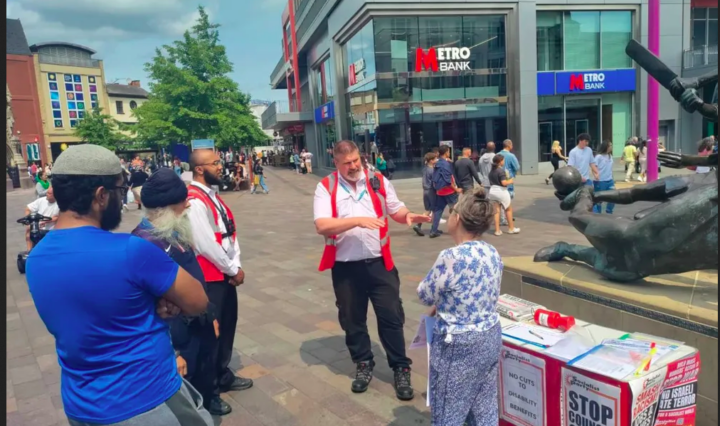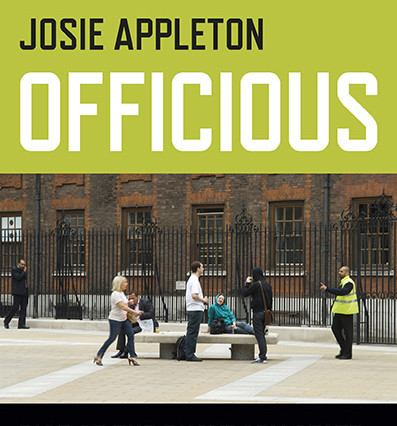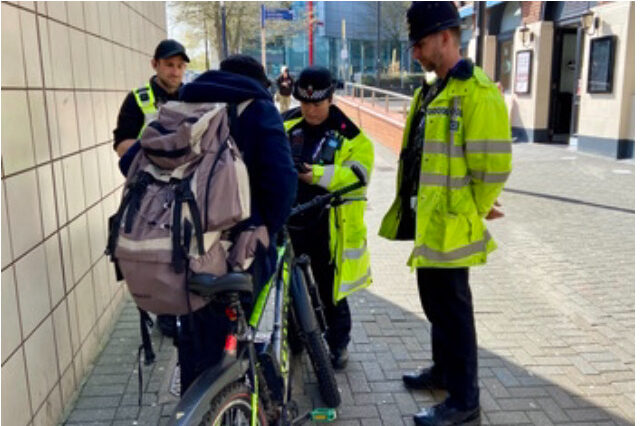Guidance for Councils: How to keep your public squares open
This guidance is based on the Manifesto Club report, Gatekeepers: How Councils are Controlling Access to the Public Square, which found that restrictions on political stalls are now the norm across England and Wales. This guidance is to help councils work towards a more liberal approach to local campaigning, which encourages local engagement and democracy as well as respects free speech. The importance of the public square Public squares, pavements and pedestrianised areas have traditionally been venues where citizens, campaigners, political parties, community groups and others can engage with the public, hand out leaflets, show banners, run street stalls and talk with…



